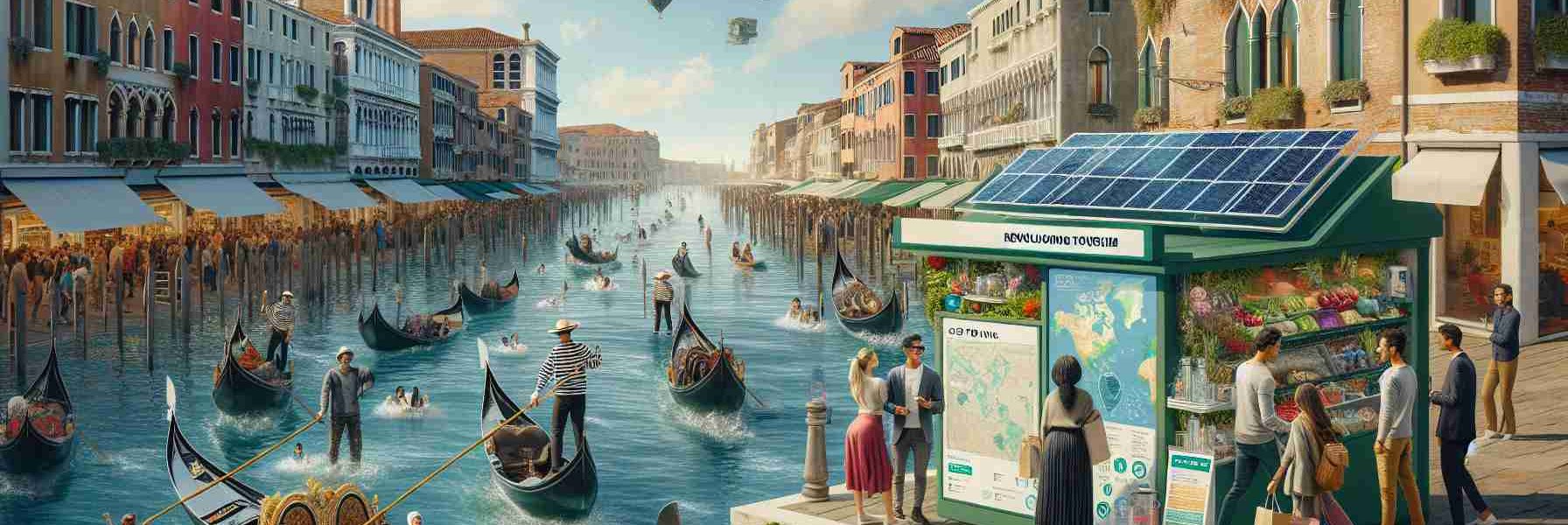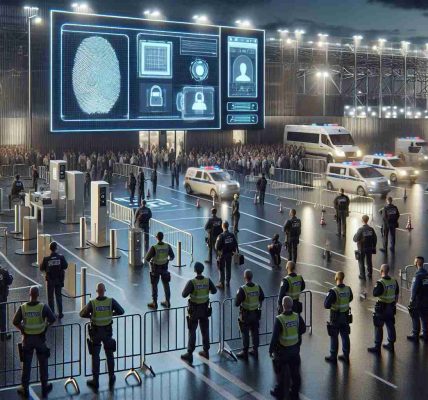Venice’s Transformation in Tourist Management
Venice has recently embarked on a groundbreaking initiative to redefine its approach to tourism. Instead of imposing entrance fees on select days as previously practiced, the city has unveiled a comprehensive strategy aimed at fostering sustainable tourism practices while preserving the city’s heritage and integrity.
Embracing Sustainable Tourism Principles
In a departure from traditional tourist management techniques, the new system emphasizes spreading out visitor traffic throughout the week, rather than restricting access on specific days. Tourists will now be encouraged to explore Venice at times when visitor numbers are more manageable, ensuring a more enriching experience for all.
Empowering Responsible Tourism
Under the revamped system, tourists will be incentivized to plan their visits in advance, with early bookings offering discounted entrance fees. This not only enhances convenience for travelers but also allows for better monitoring and management of visitor influx, promoting a more sustainable balance between tourism and local life.
Preserving Venice’s Cultural Heritage
By implementing measures that prioritize respect for the city’s unique cultural and historical significance, Venice is taking proactive steps to safeguard its heritage for future generations. This forward-thinking approach underscores Venice’s commitment to responsible tourism practices and sets a new standard for destinations grappling with the challenges of overtourism.
Looking Towards a Sustainable Future
As Venice continues to pioneer innovative solutions for sustainable tourism, the city sets an inspiring example for other destinations grappling with similar issues. By reimagining the visitor experience and prioritizing the preservation of its cultural treasures, Venice is charting a new course towards a more sustainable and harmonious future.
Revolutionizing Venice’s Tourism Industry: Addressing Critical Questions
With Venice’s ambitious initiatives to transform its tourism management, several important questions arise, shedding light on the complexities and implications of this paradigm shift.
1. How will the new system impact local businesses and residents in Venice?
The shift towards sustainable tourism practices may bring about economic challenges for local businesses reliant on tourism revenue. Balancing visitor distribution throughout the week could potentially lead to fluctuations in income for businesses that heavily depend on peak tourist days.
2. What measures are in place to ensure the equitable distribution of benefits from tourism across Venice?
Ensuring that the benefits of tourism are fairly spread among different neighborhoods in Venice is crucial for maintaining social harmony. The new system must address potential disparities in economic gains and infrastructure development to prevent exacerbating inequalities within the city.
3. How are environmental concerns being addressed in Venice’s tourism strategy?
While the focus has predominantly been on managing visitor numbers and preserving cultural heritage, the environmental impact of tourism in Venice remains a significant issue. Mitigating factors such as pollution, waste management, and conservation of natural resources must be integrated into the city’s overarching tourism plan.
Challenges and Controversies
The ambitious goals of revitalizing Venice’s tourism industry come with inherent challenges and controversies that need to be navigated for long-term success.
1. Balancing Sustainability and Economic Viability:
One of the key challenges lies in striking a delicate balance between sustainable tourism practices and the economic viability of the tourism sector. Implementing measures that limit visitor numbers or restrict access on certain days may impact revenue streams, posing a challenge for businesses and stakeholders.
2. Addressing Visitor Expectations and Experience:
Aligning tourist expectations with the new paradigm of responsible tourism may prove challenging. Visitors accustomed to unrestricted access and instant gratification may resist the shift towards planned visits and regulated entry, potentially affecting overall satisfaction levels.
Advantages and Disadvantages
The transformation of Venice’s tourism landscape brings forth a myriad of advantages and disadvantages that shape the future trajectory of the city’s tourism industry.
Advantages:
1. Environmental Conservation: By promoting sustainable practices and reducing overcrowding, Venice can mitigate environmental degradation and preserve its fragile ecosystem.
2. Cultural Preservation: Prioritizing the preservation of Venice’s cultural heritage ensures the longevity of its historical treasures for future generations to appreciate.
3. Sustainable Development: Adopting responsible tourism principles fosters long-term sustainability, benefiting both the city’s residents and visitors in the quest for a harmonious coexistence.
Disadvantages:
1. Economic Uncertainty: The transition to a new tourism model may introduce economic uncertainties for businesses reliant on traditional tourism practices, requiring adaptation and resilience.
2. Visitor Dissatisfaction: Implementing restrictions or changes in access may lead to visitor dissatisfaction and potential decline in tourism revenues if not managed effectively.
3. Social Impact: The redistribution of tourist traffic could inadvertently impact local communities and disrupt established social dynamics within Venice.
To delve deeper into the complexities of Venice’s tourism transformation, explore related insights on sustainable tourism by visiting UNDP for comprehensive resources on sustainable development practices.




